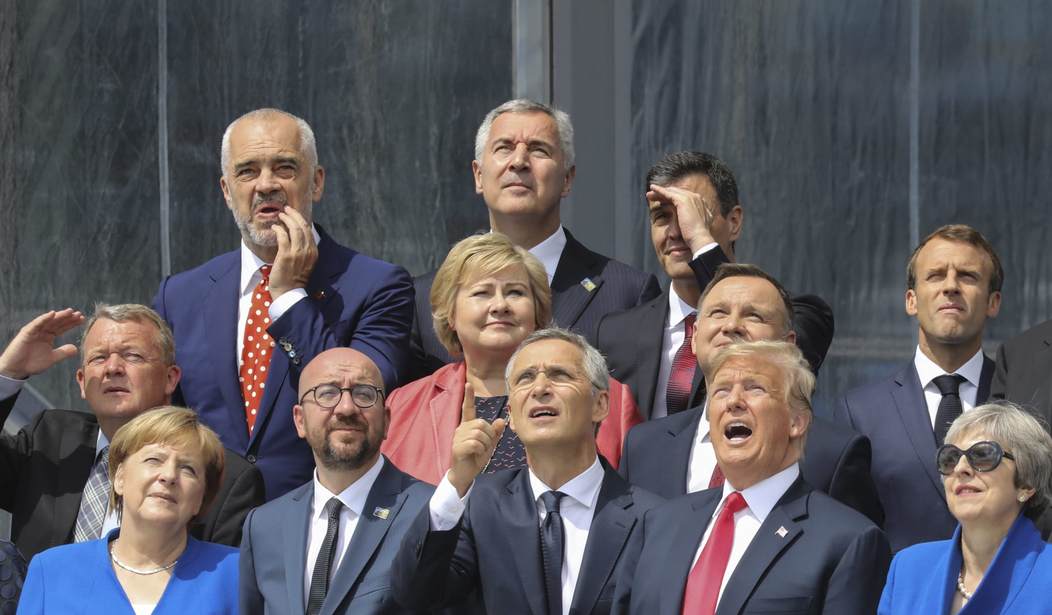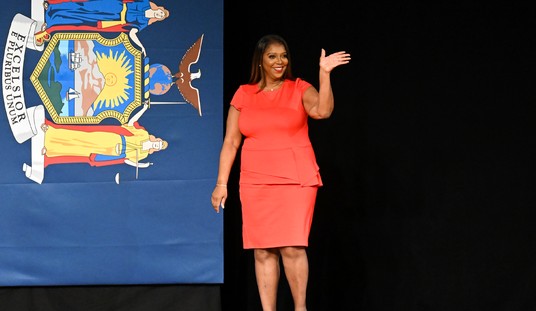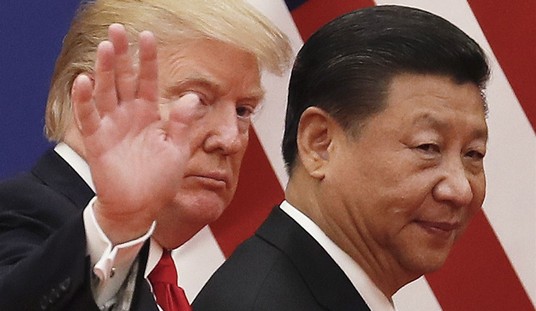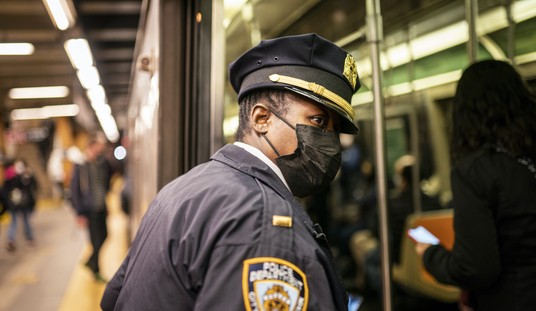President Trump wrapped up the two-day NATO summit in Brussels stating that he had successfully pushed member states to increase their defense spending beyond previously agreement levels, but French President Emmanuel Macron said there was no agreement beyond the 2014 summit increase.
“Everyone’s agreed to substantially up their commitment. They’re going to up it at levels that they’ve never thought of before…. Commitments were made. Only five of 29 countries were making their commitment and that’s now changed,” Trump said at a press conference before leaving Brussels. “The commitment was at 2 percent. Ultimately, that’ll be going up quite a bit higher than that.”
At the 2014 NATO summit, member states agreed to meet a two percent GDP defense spending pledge by 2024. NATO Ambassador Kay Bailey Hutchison said last week that currently 16 of 29 countries are on track to meet that goal.
Trump reportedly went into the summit urging other members to bump that up to 4 percent. He tweeted Wednesday that member states “must pay 2% of GDP IMMEDIATELY, not by 2025.”
“Some are at 2 percent, others have agreed definitely to go to 2 percent, and some are going back to get the approval — and which they will get — to go to 2 percent,” Trump said at his press conference. “After we’re at 2 percent, we’ll start talking about going higher. But I said, ultimately we should be — in years in advance, we should be at 4 percent. I think 4 percent is the right number.”
Trump said the allies “made a tremendous amount of progress” and “they really stepped up their commitment and stepped it up like they never have before.”
“We are doing numbers like they’ve never done before or ever seen before. And you’ll be seeing that and I guess you’ll be hearing that a little bit later.”
NATO Secretary General Jens Stoltenberg said during a press conference in Brussels that the 2 percent target had not changed.
“All allies are increasing defense spending. This year at least eight of the NATO countries have committed to spend at least two percent of their GDP on defense and a majority of our allies have plans to do so by 2024,” he said. “For a quarter of a century many countries have been cutting billions from their defense budgets. Now they are adding billions.”
Macron told reporters that the communique signed by members “is clear — it reaffirms a commitment to 2 percent in 2024. That is all.”
“We welcome the considerable progress made since the Wales Summit with four consecutive years of real growth in non-US defence expenditure,” states the communique. “All Allies have started to increase the amount they spend on defence in real terms and some two-thirds of Allies have national plans in place to spend 2% of their Gross Domestic Product on defence by 2024.”
Trump reportedly arrived 30 minutes late to the second day of the summit and also missed two bilateral meetings with fellow world leaders. After his impromptu press conference he flew to Britain for a dinner with Prime Minister Theresa May at Blenheim Palace.
During that black-tie event, the UK tabloid The Sun published an interview with Trump in which he criticized May for going “the opposite way” with a softer Brexit approach intended to facilitate the continued movement of goods such as agricultural products with the EU.
“If they do a deal like that, we would be dealing with the European Union instead of dealing with the UK, so it will probably kill the deal,” Trump said. “If they do that, then their trade deal with the U.S. will probably not be made.”
Trump also addressed the baby blimp that organizers will also be flying near his golf course in Scotland over the weekend, where the president will be staying before his Monday meeting with Russian President Vladimir Putin in Helsinki.
“I guess when they put out blimps to make me feel unwelcome, no reason for me to go to London,” Trump said. “I used to love London as a city. I haven’t been there in a long time. But when they make you feel unwelcome, why would I stay there?”









Join the conversation as a VIP Member